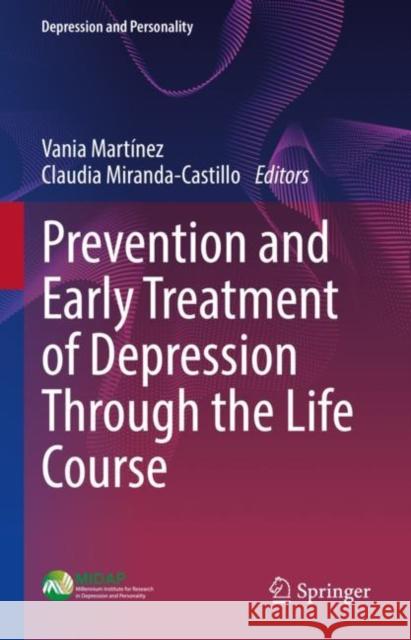Prevention and Early Treatment of Depression Through the Life Course » książka
topmenu
Prevention and Early Treatment of Depression Through the Life Course
ISBN-13: 9783031130281 / Angielski / Twarda / 2022 / 242 str.
Prevention and Early Treatment of Depression Through the Life Course
ISBN-13: 9783031130281 / Angielski / Twarda / 2022 / 242 str.
cena 483,04
(netto: 460,04 VAT: 5%)
Najniższa cena z 30 dni: 424,07
(netto: 460,04 VAT: 5%)
Najniższa cena z 30 dni: 424,07
Termin realizacji zamówienia:
ok. 22 dni roboczych.
ok. 22 dni roboczych.
Darmowa dostawa!
Kategorie:
Kategorie BISAC:
Wydawca:
Springer International Publishing AG
Seria wydawnicza:
Język:
Angielski
ISBN-13:
9783031130281
Rok wydania:
2022
Ilość stron:
242
Wymiary:
23.5 x 15.5
Oprawa:
Twarda
Dodatkowe informacje:
Wydanie ilustrowane











